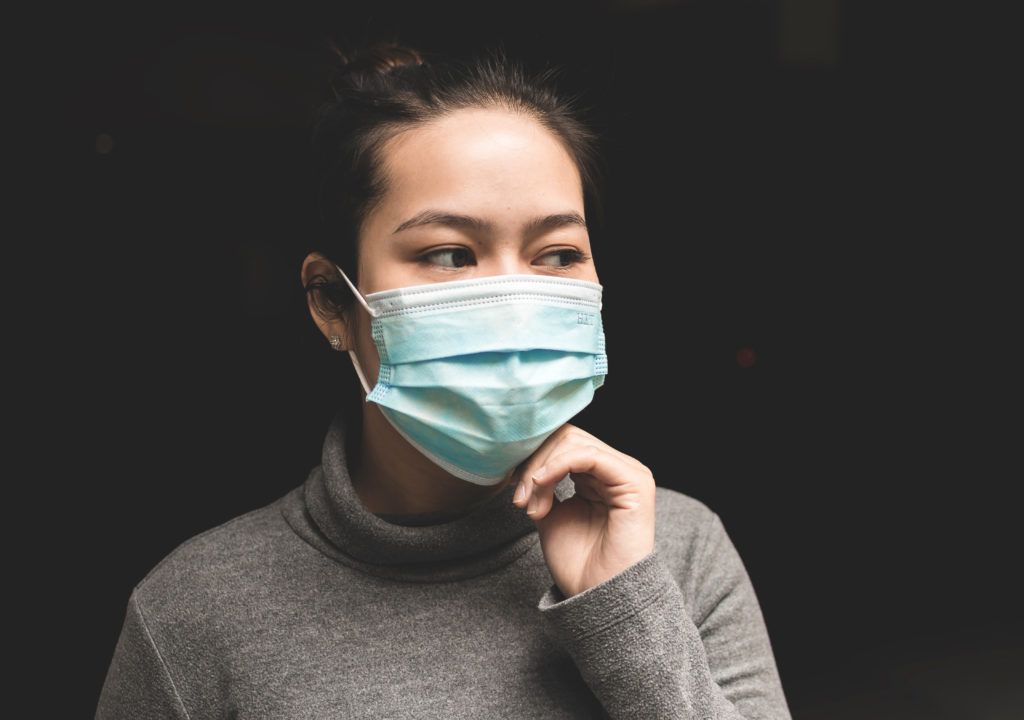
Even as reports of the coronavirus continue to pile in from across the globe, for those in Pennsylvania and throughout the United States, it’s the flu that should cause more concern, doctors say.
While the rapid growth of this new virus is concerning, reported cases in the US are extremely low, with less than 40 confirmed so far, according to the Center for Disease Control and Prevention.
The coronavirus and influenza are both viruses, and cause similar symptoms, although it is still unclear how the coronavirus spreads or where it came from.
“There are far more deaths every year in the US from the regular influenza virus than there are from the coronavirus so it is important to present the facts so that people are not panicking unnecessarily,” Dr. Amit Mehta, Geisinger Community Practice Department director and primary care provider. “To avoid any virus, people should take normal precautions such as washing their hands and avoiding those infected. There is no vaccine for the coronavirus but there is for the flu and people should get a flu shot annually.”
In September of 2019, the CDC estimated that during this influenza season, in the United States, there would be approximately 29 million flu illnesses, 280,000 hospitalizations, and 16,000 deaths.
While significant, the current number of those infected by the novel coronavirus is much smaller. As of Feb. 23, 2020, the total number of confirmed cases reported was 78,811 globally. Of the total number of confirmed cases, 77,042 were in China. To date, there have been 414 people tested for the coronavirus in the US with 14 confirmed cases. In addition, there are a total of 21 cases of coronavirus in people repatriated to the US and tested by the CDC. Of the 21 cases, 3 were from Wuhan, China and 18 were from a Diamond Princess Cruise ship.
In addition, the total number of reported deaths is 4,204, with 2,445 in China and 1,769 elsewhere. Thus far, there are no reported deaths in the US attributed to the coronavirus.
The CDC is recommending people avoid non-essential travel to China. While the spread of coronavirus 2019 is concerning, people should follow the same precautions as they would for any flu season.
What is the coronavirus?
Concerns about the coronavirus outbreak in China and other parts of the world are on the rise as case numbers skyrocketed over the past few months.
Coronavirus is a family of viruses, as there are many types of human coronaviruses, including some that cause mild illness such as the common cold. More specifically, the new virus, which was officially announced on Feb. 11, 2020, by the World Health Organization is called Coronavirus 2019 or COVID-19, for short.
According to the CDC, infected persons exhibit fever, sore throat, and cough. According to Mehta, the novel coronavirus can cause lower respiratory tract infections, which can lead to pneumonia and severe respiratory distress.
The new disease was first identified in Wuhan, China, but has since spread to other countries. Public officials have been unsuccessful in identifying the original animal source of the virus. The family of Coronaviruses is large, some causing illness in cats, bats, camels and other animals, thus making it difficult to tell whether the virus jumped from bats to humans or if there was an intermediary animal host.
The coronavirus 2019 is spread between people who are in close proximity via coughs or sneezes. The same as many common viruses.
The CDC recommends that infected patients be isolated at home or in the hospital. The length that someone is actively sick can vary so a determination that a person is disease free and no longer poses a risk to others should be made by a physician or another infection risk expert.
The CDC also recommends that to help prevent the spread of the coronavirus 2019, people should follow the same protocol they would to prevent the spread of other respiratory diseases:
- Avoid close contact with people who are sick.
- Avoid touching your eyes, nose and mouth.
- Stay home when you are sick.
- Cover your cough or sneeze with a tissue, then throw the tissue in the trash.
- Clean and disinfect frequently touched objects and surfaces using a regular household cleaning spray or wipe.
“Testing can only be performed by the CDC so a person only needs to be tested if they have recently been to China or around someone that has been to China and develop symptoms of respiratory illness, fever, shortness of breath or a cough. In that case, call your Primary Care Physician,” Mehta said. For the most up-to-date information on the coronavirus 2019 strain, visit the CDC and Department of Health (DOH).




